My favourite painting: Sir Laurie Magnus
'The delight of this painting is that I know the place and was a friend of the artist'
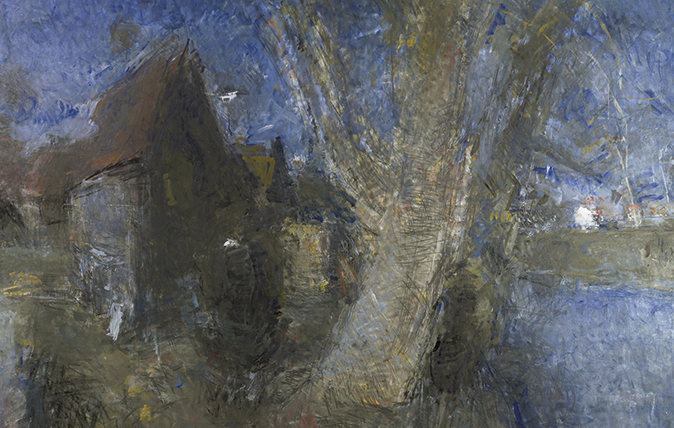

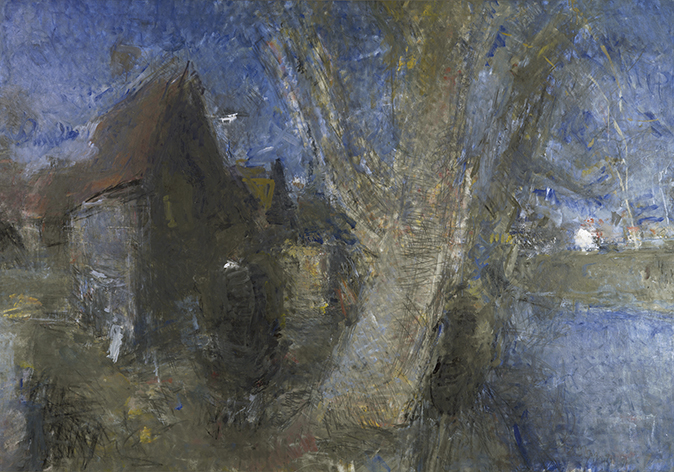
Studio by the River, Summer, 1990, by Sargy Mann (1937–2015), 55in by 80in, Private Collection
Sir Laurie Magnus says: The delight of this painting is that I know the place and was a friend of the artist. It shows views, including Sargy’s studio, from his garden beside the River Waveney in Bungay, Suffolk. It’s a peaceful spot, little changed for at least 100 years. Sargy’s sight was already failing, but his ability to present colours and objects in such a gloriously vivid way is a triumphant response to the worst disability that can afflict a visual artist. He was always wonderful company–witty, a formidable intellect, interested in everything, kind, dedicated to his work and irrepressibly creative and brave.
Sir Laurie Magnus is Chairman of Historic England
John McEwen comments on Studio by the River, Summer, 1990: Martin O. H. Mann adopted his schoolboy nickname of Sargy. He spent his wartime childhood at his grandfather’s in Devon with his mother, whom he adored. After progressive Dartington Hall, he was apprenticed by Morris Motors, playing drums in an Oxford jazz trio with Dudley Moore.
He abandoned thoughts of a maths degree to enter Camberwell College of Art, where he was taught by Frank Auerbach and Euan Uglow. He subsequently taught painting at Camberwell for many years. In 1967, he started living as a guest of Elizabeth Jane Howard and Kingsley Amis. In their absences, he looked after the Amis boys, poker sessions one of their shared amusements. The arrangement ended when he married the painter Frances Carey.
He began to lose his sight—‘It was a bugger, but I kept working… and my brain kept finding new ways to see the world’—and was registered blind in 1988.
In 1990, the now six-strong family moved to Bungay in Suffolk. The garden was on the River Waveney, the boundary with Norfolk; it had always been his dream to live on a river. He started this painting ‘standing on the river’s edge, looking past the large willow to the river on its right and the end of my studio and a shed which had become [his eldest son] Peter’s camp, on its left. It was a wonderful subject and I struggled with it for months’.
Sign up for the Country Life Newsletter
Exquisite houses, the beauty of Nature, and how to get the most from your life, straight to your inbox.
Mann regarded blindness as, in some ways, a liberation. As Peter Mann says: ‘What is interesting is that he could only paint the way he did because of blindness.
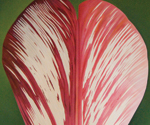
Jools Holland’s Favourite Painting
Jools Holland introduces his favourite painting – Tulip petal number 3
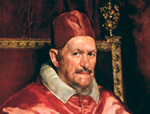
Stephen Fry’s favourite painting
Stephen Fry shares why he loves this famous Velázquez painting of Pope Innocent X
Country Life is unlike any other magazine: the only glossy weekly on the newsstand and the only magazine that has been guest-edited by HRH The King not once, but twice. It is a celebration of modern rural life and all its diverse joys and pleasures — that was first published in Queen Victoria's Diamond Jubilee year. Our eclectic mixture of witty and informative content — from the most up-to-date property news and commentary and a coveted glimpse inside some of the UK's best houses and gardens, to gardening, the arts and interior design, written by experts in their field — still cannot be found in print or online, anywhere else.
-
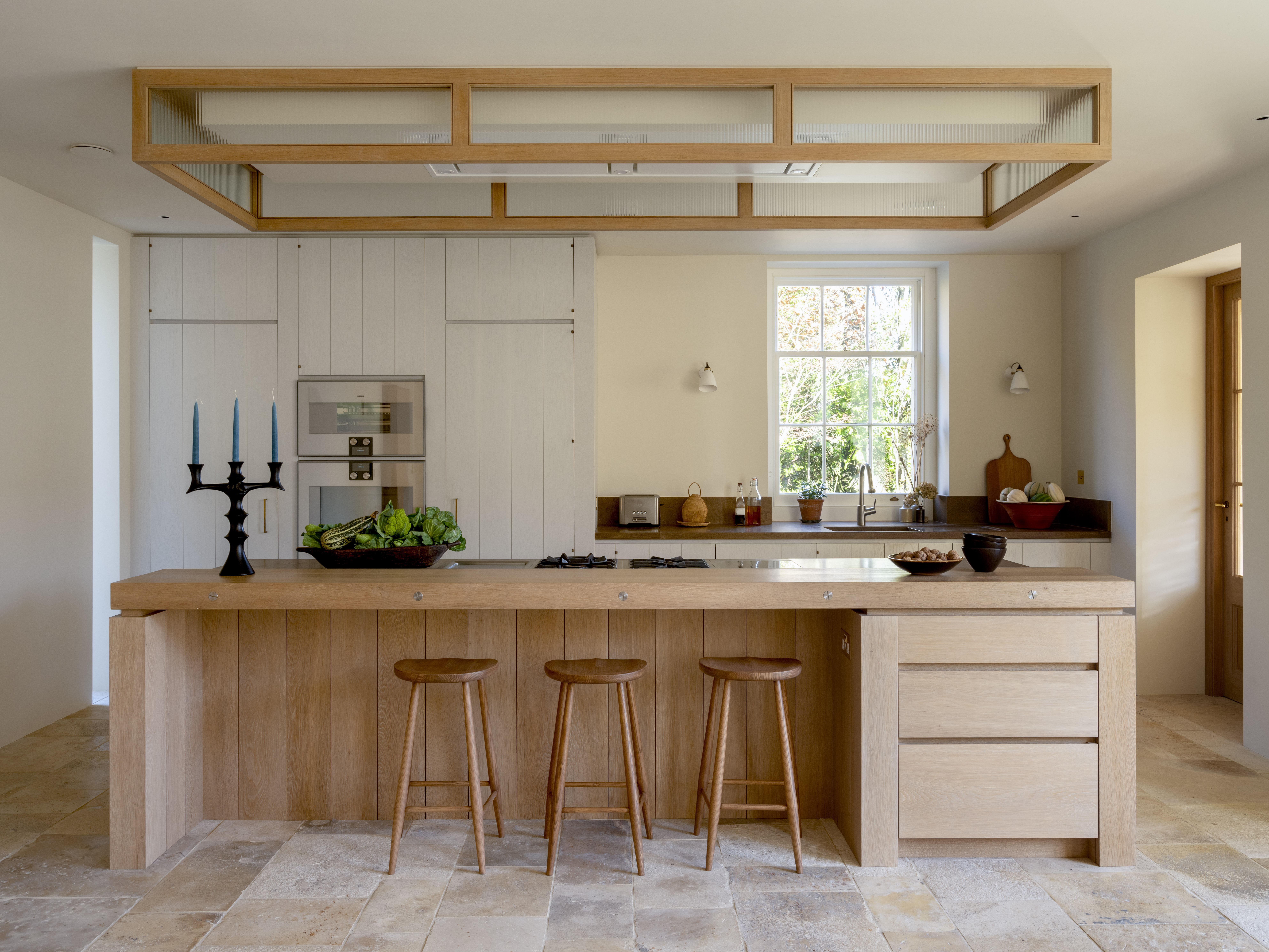 Designer's Room: A solid oak French kitchen that's been cleverly engineered to last
Designer's Room: A solid oak French kitchen that's been cleverly engineered to lastKitchen and joinery specialist Artichoke had several clever tricks to deal with the fact that natural wood expands and contracts.
By Amelia Thorpe
-
 Chocolate eggs, bunnies and the Resurrection: Country Life Quiz of the Day, April 18, 2025
Chocolate eggs, bunnies and the Resurrection: Country Life Quiz of the Day, April 18, 2025Friday's quiz is an Easter special.
By James Fisher
-
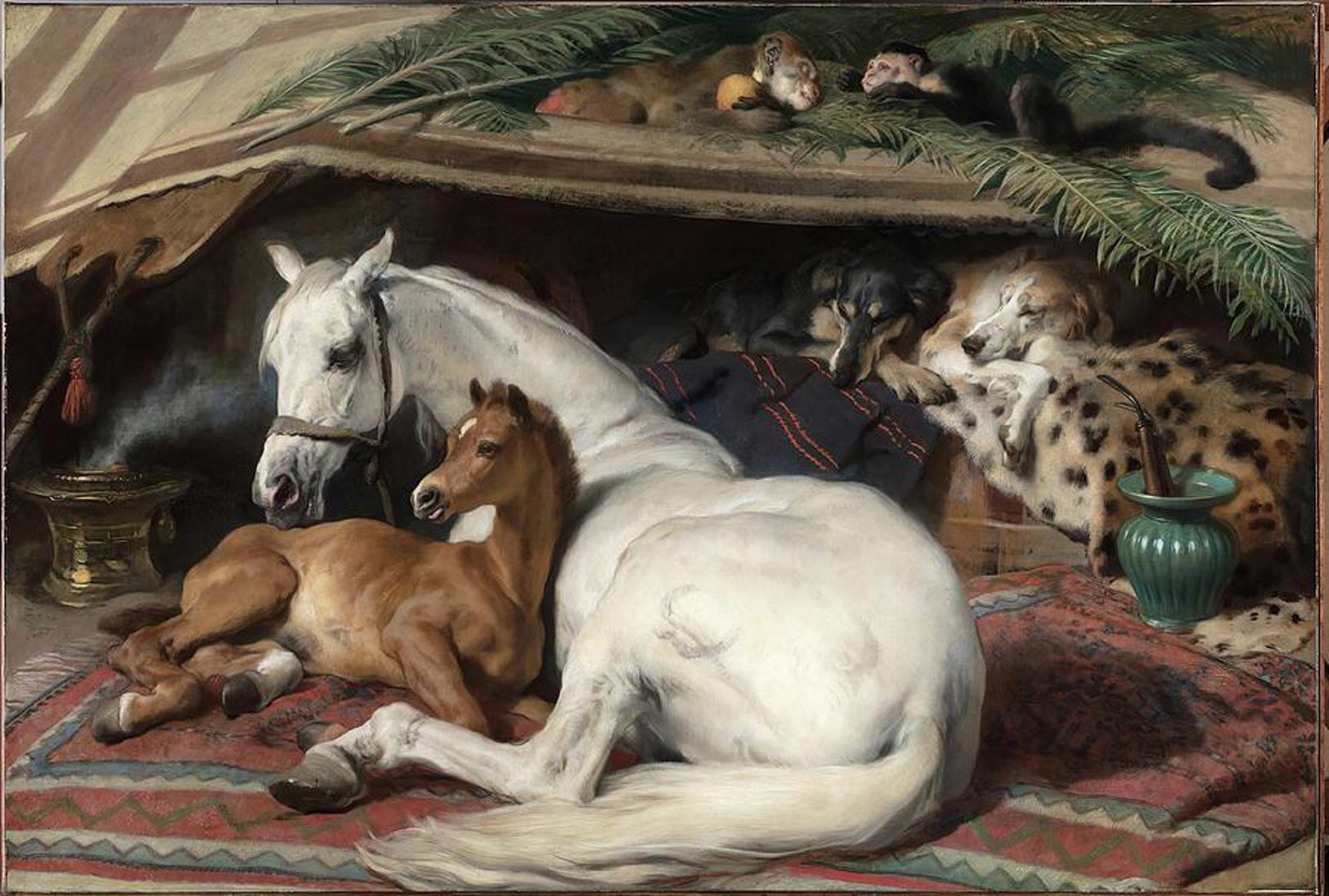 'As a child I wanted to snuggle up with the dogs and be part of it': Alexia Robinson chooses her favourite painting
'As a child I wanted to snuggle up with the dogs and be part of it': Alexia Robinson chooses her favourite paintingAlexia Robinson, founder of Love British Food, chooses an Edwin Landseer classic.
By Charlotte Mullins
-
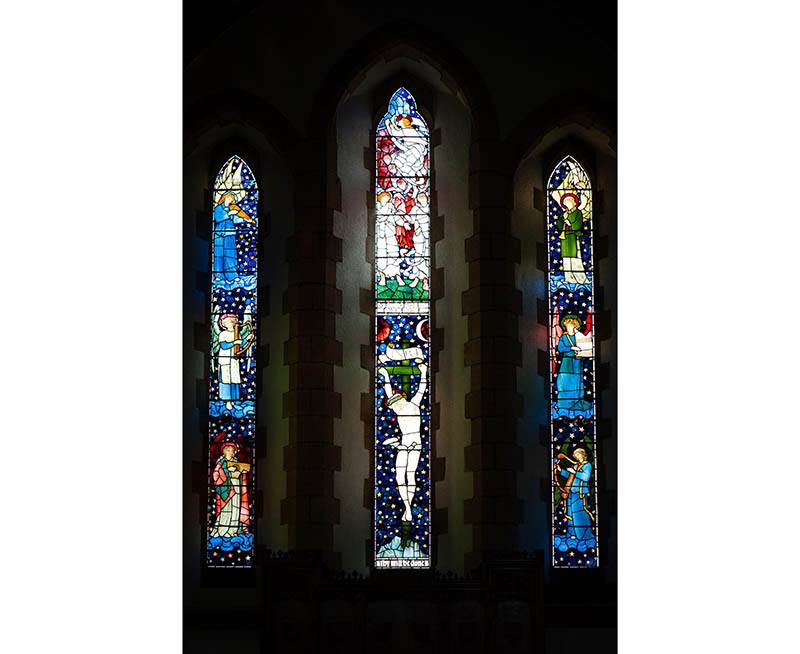 The Pre-Raphaelite painter who swapped 'willowy, nubile women' for stained glass — and created some of the best examples in Britain
The Pre-Raphaelite painter who swapped 'willowy, nubile women' for stained glass — and created some of the best examples in BritainThe painter Edward Burne-Jones turned from paint to glass for much of his career. James Hughes, director of the Victorian Society, chooses a glass masterpiece by Burne-Jones as his favourite 'painting'.
By Charlotte Mullins
-
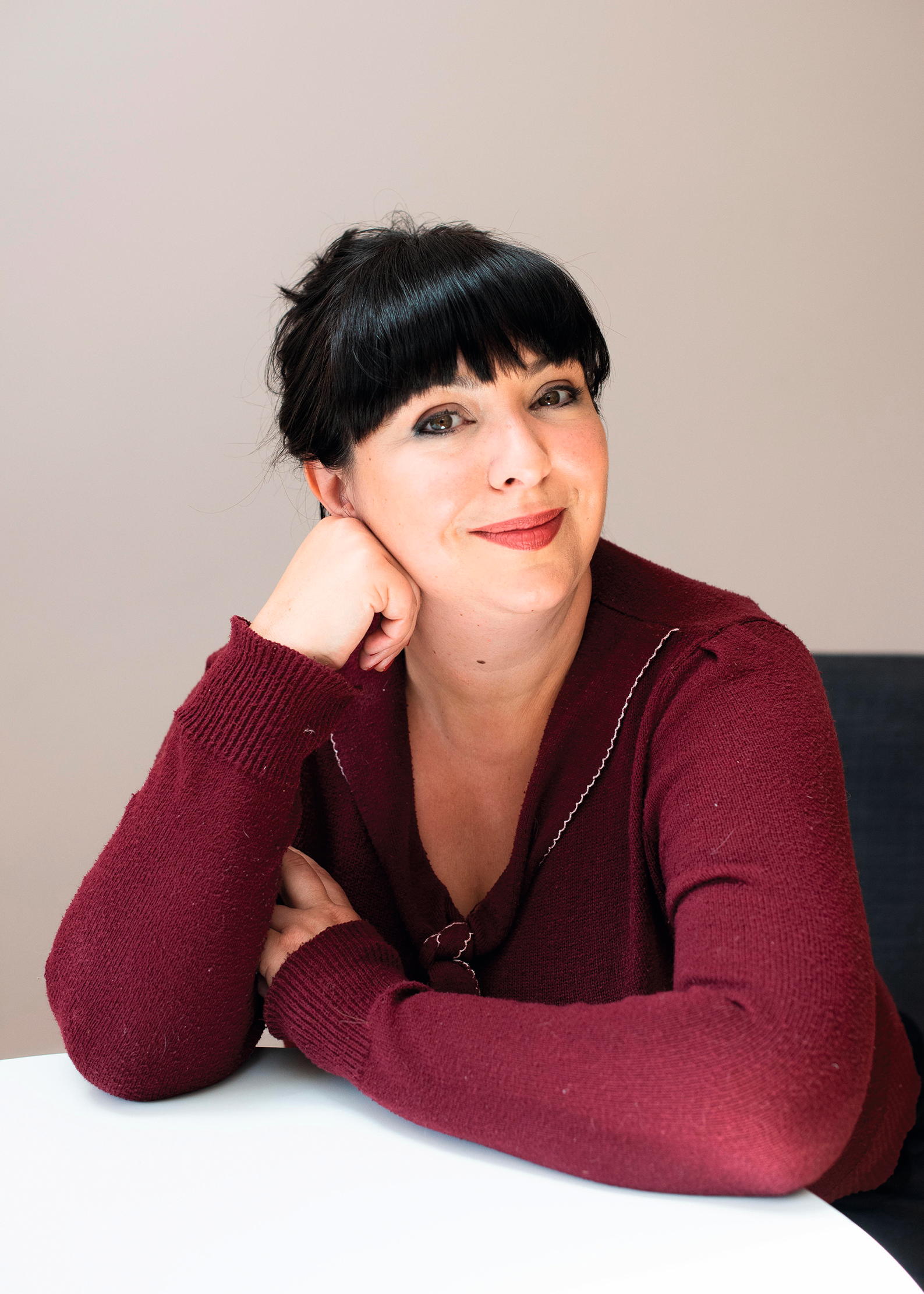 'I can’t look away. I’m captivated': The painter who takes years over each portrait, with the only guarantee being that it won't look like the subject
'I can’t look away. I’m captivated': The painter who takes years over each portrait, with the only guarantee being that it won't look like the subjectFor Country Life's My Favourite Painting slot, the writer Emily Howes chooses a work by a daring and challenging artist: Frank Auerbach.
By Toby Keel
-
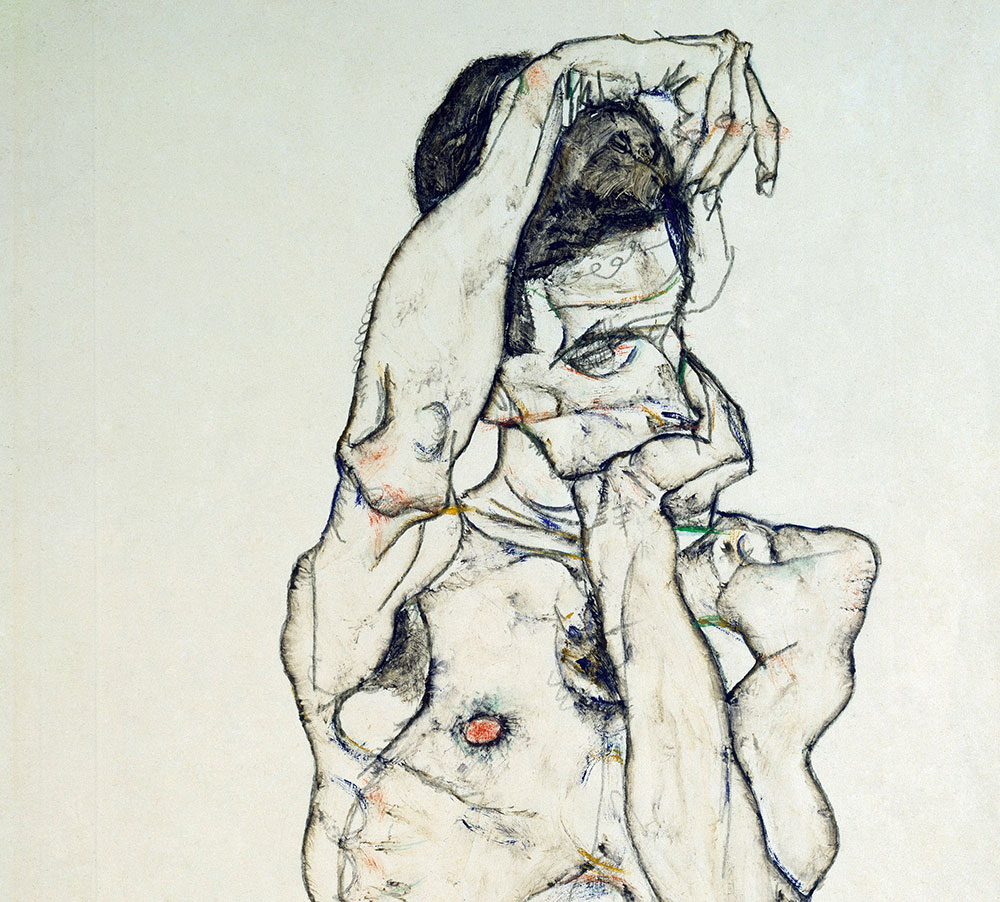 My Favourite Painting: Rob Houchen
My Favourite Painting: Rob HouchenThe actor Rob Houchen chooses a bold and challenging Egon Schiele work.
By Charlotte Mullins
-
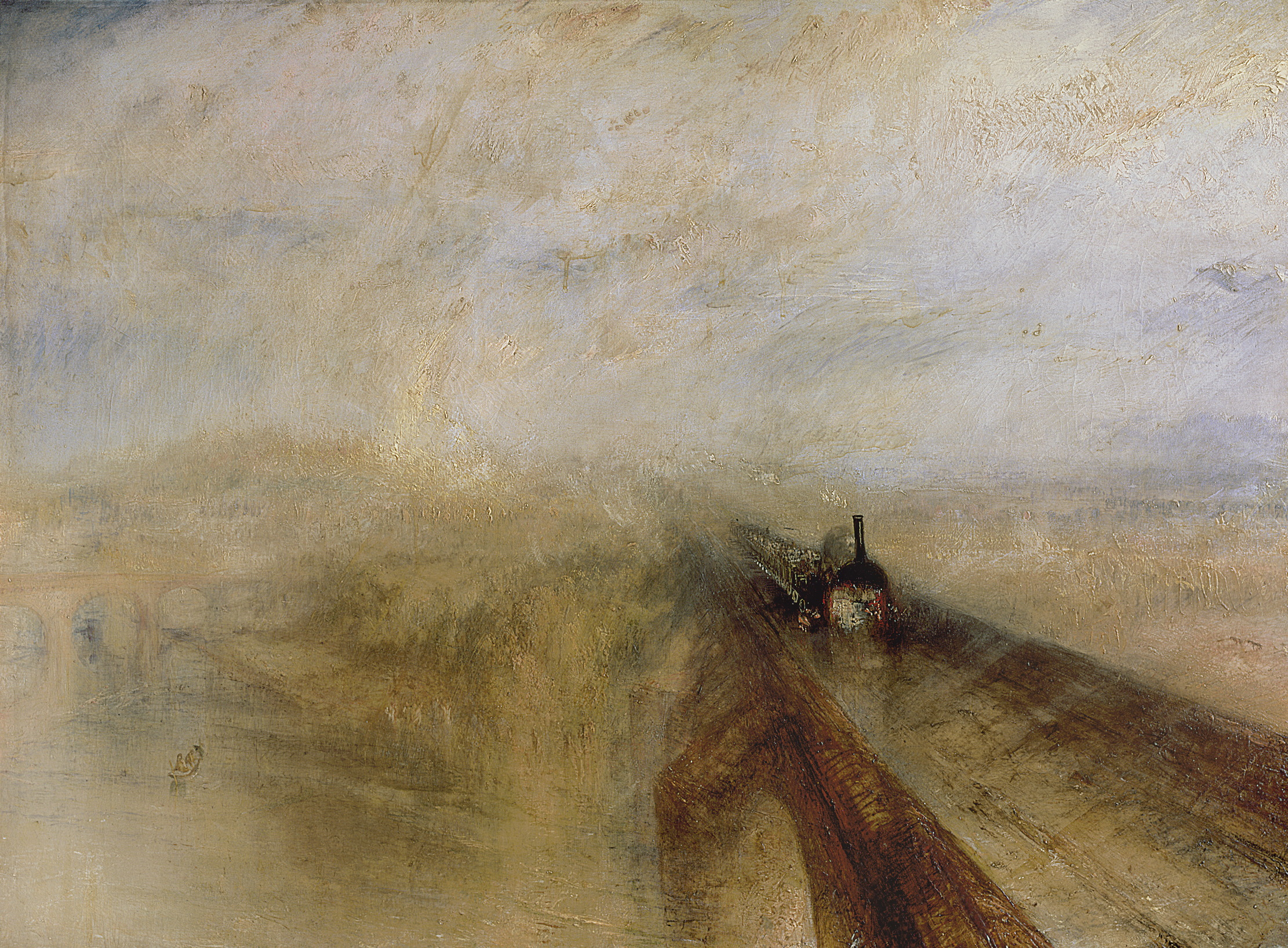 My Favourite Painting: Jeremy Clarkson
My Favourite Painting: Jeremy Clarkson'That's why this is my favourite painting. Because it invites you to imagine'
By Charlotte Mullins
-
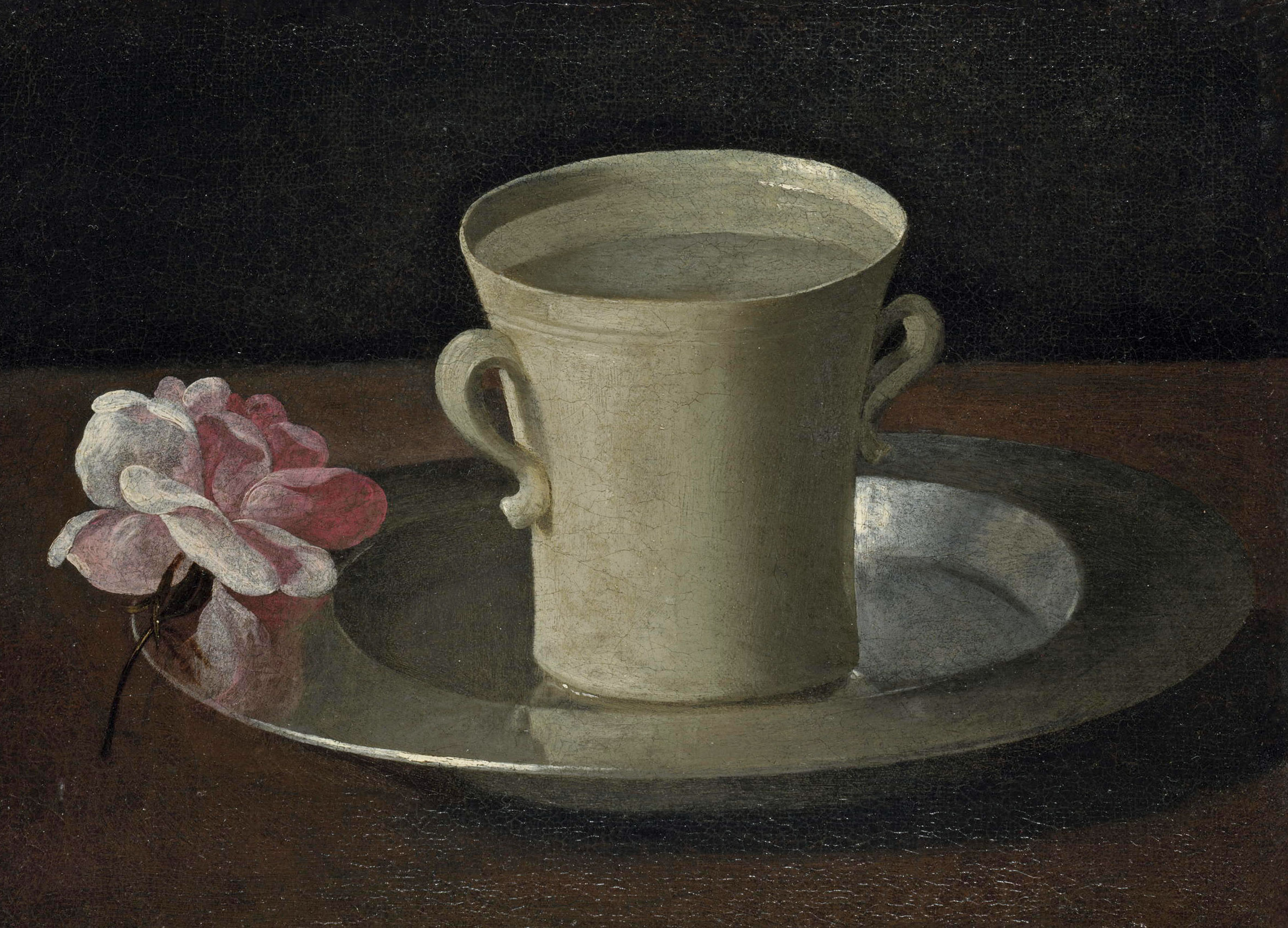 The chair of the National Gallery names his favourite from among the 2,300 masterpieces — and it will come as a bit of a shock
The chair of the National Gallery names his favourite from among the 2,300 masterpieces — and it will come as a bit of a shockAs the National Gallery turns 200, the chair of its board of trustees, John Booth, chooses his favourite painting.
By Toby Keel
-
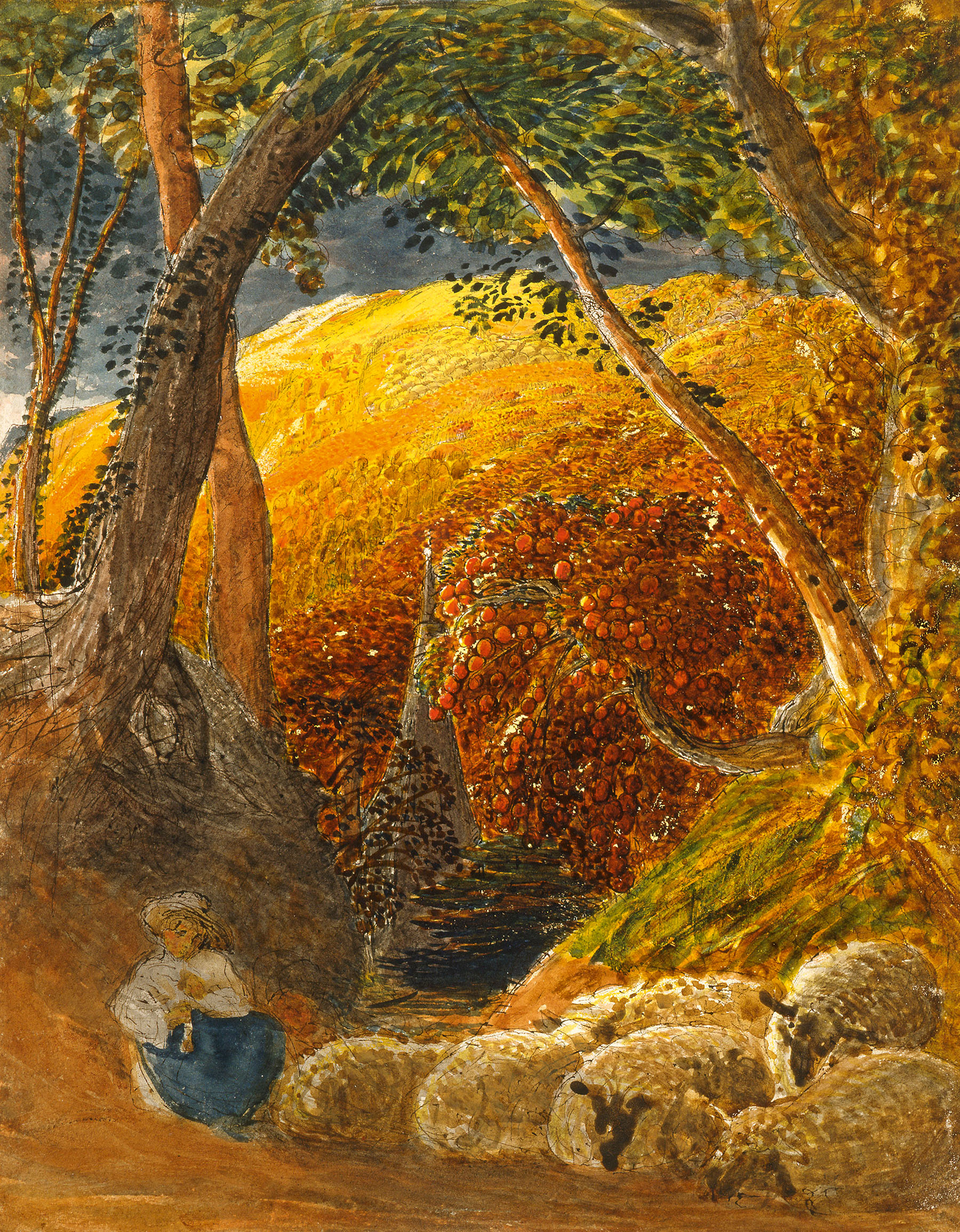 'A wonderful reminder of what the countryside could and should be': The 200-year-old watercolour of a world fast disappearing
'A wonderful reminder of what the countryside could and should be': The 200-year-old watercolour of a world fast disappearingChristopher Price of the Rare Breed Survival Trust on the bucolic beauty of The Magic Apple Tree by Samuel Palmer, which he nominates as his favourite painting.
By Charlotte Mullins
-
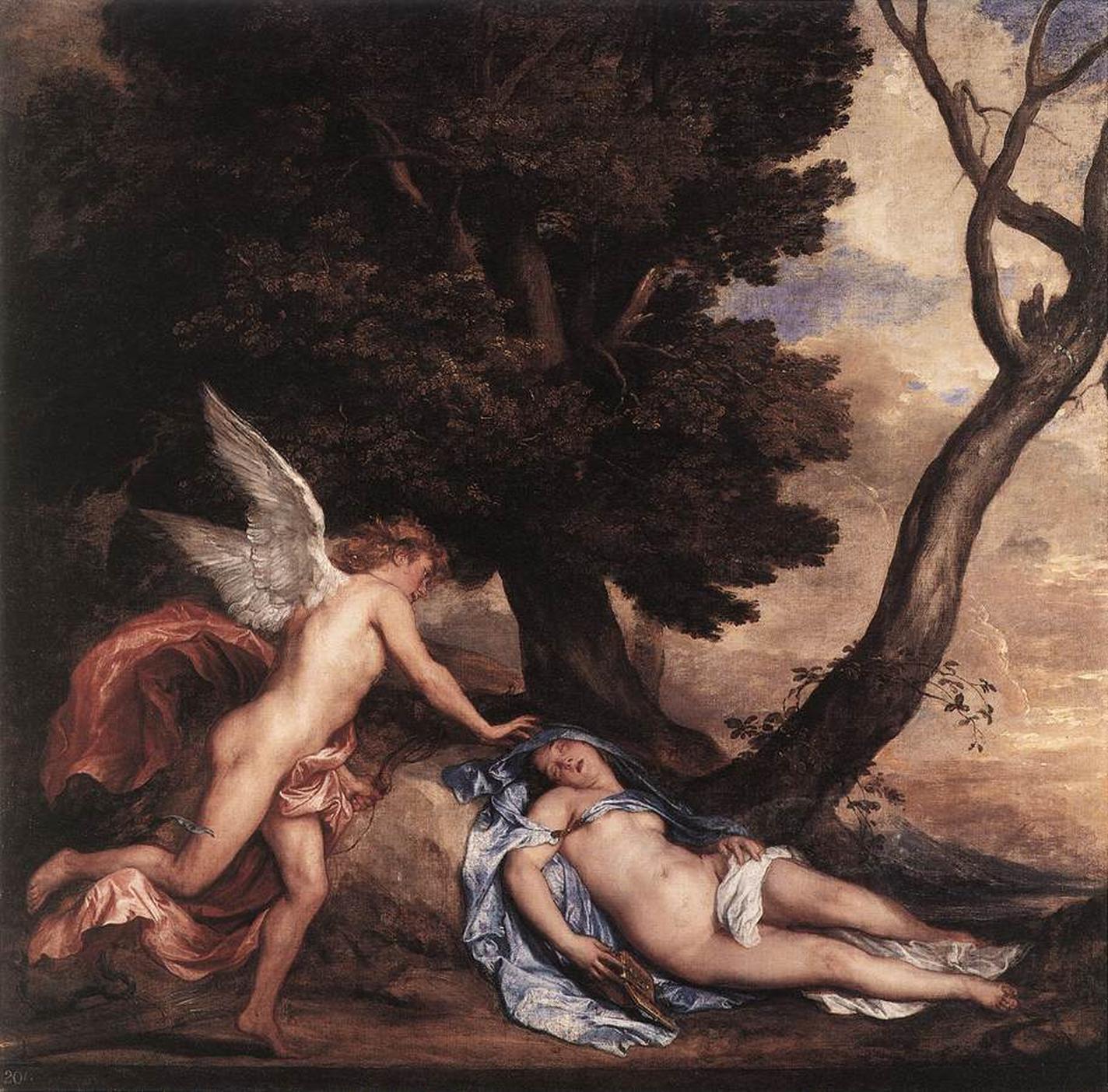 My favourite painting: Andrew Graham-Dixon
My favourite painting: Andrew Graham-Dixon'Lesson Number One: it’s the pictures that baffle and tantalise you that stay in the mind forever .'
By Country Life